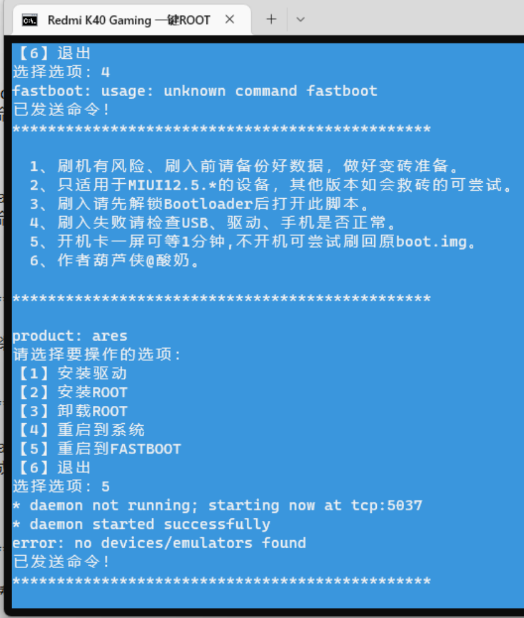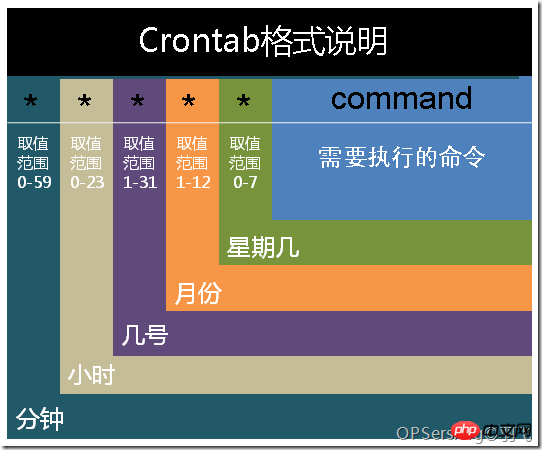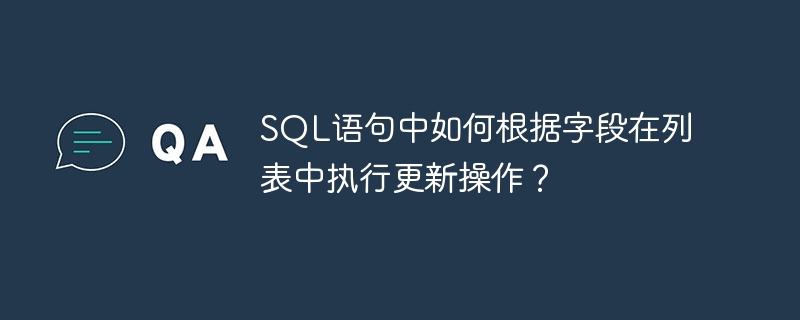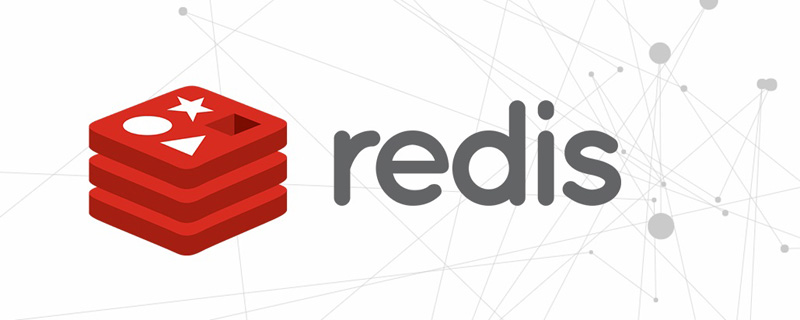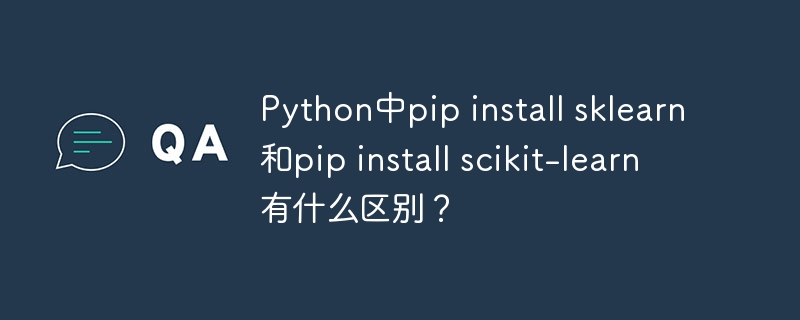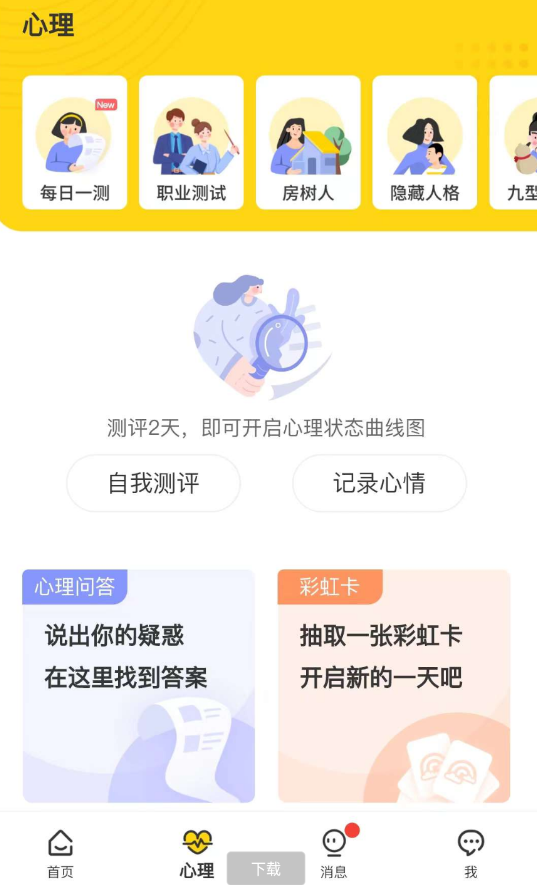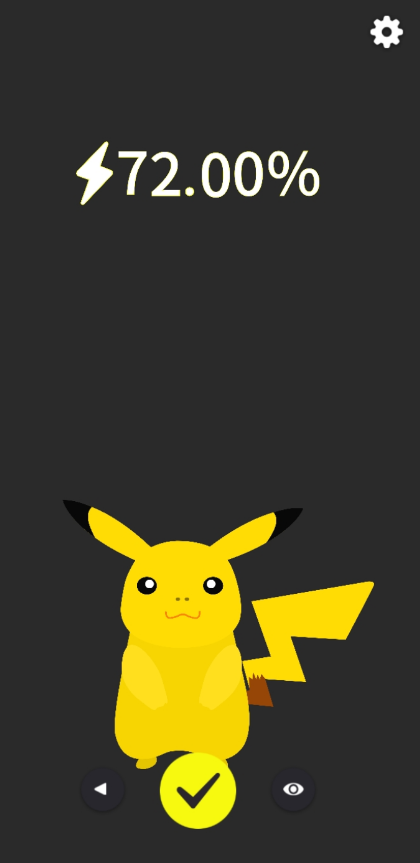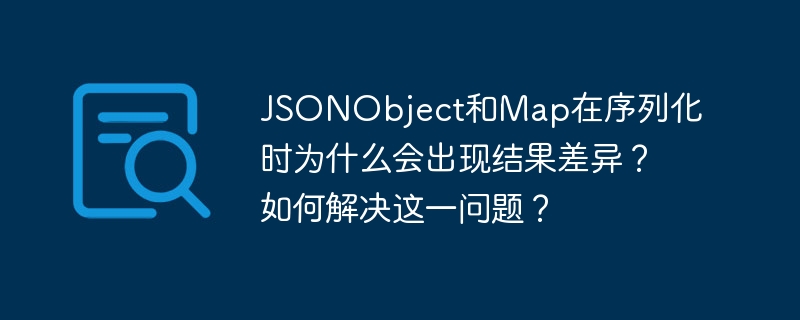
jsonObject与map序列化结果差异及解决方法
在JSON序列化过程中,使用net.sf.json.JSONObject和Java.util.Map可能导致输出结果不一致。本文分析此问题,并提供解决方案。
问题描述
使用net.sf.json.JSONObject和java.util.Map处理包含列表类型字段(例如type字段)的数据时,序列化结果不同。例如:
@Test public void testSerializationDifference() throws JsonProcessingException { ObjectMapper objectMapper = new ObjectMapper(); List<String> type = Arrays.asList("a", "b"); JSONObject jsonObject = new JSONObject(); jsonObject.put("type", objectMapper.writeValueAsString(type)); System.out.println("JSONObject Output: " + objectMapper.writeValueAsString(jsonObject)); Map<String, Object> map = new HashMap<>(); map.put("type", objectMapper.writeValueAsString(type)); System.out.println("Map Output: " + objectMapper.writeValueAsString(map)); }
输出结果可能如下:
JSONObject Output: {"type":["a","b"]} Map Output: {"type":"["a","b"]"}
JSONObject直接序列化列表,而Map将列表转换为字符串后再序列化。这会导致反序列化时的兼容性问题。
问题分析
net.sf.json.JSONObject是一个相对较旧的JSON库,其行为与现代JSON库(如Jackson)有所不同。JSONObject试图保持JSON结构的完整性,而Map则将其值视为普通的Java对象。 JSONObject的内部处理方式使得它在处理嵌套的JSON结构时,会直接输出json数组,而Map则会将JSON数组转换成字符串。
解决方法
由于net.sf.json.JSONObject维护困难且存在兼容性问题,建议替换为更现代、功能更强大的JSON库,例如Jackson (com.fasterxml.jackson.databind.ObjectMapper) 或Gson (com.google.gson.Gson)。
使用Jackson的示例:
@Test public void testJacksonSerialization() throws JsonProcessingException { ObjectMapper objectMapper = new ObjectMapper(); List<String> type = Arrays.asList("a", "b"); Map<String, Object> data = new HashMap<>(); data.put("type", type); System.out.println("Jackson Output: " + objectMapper.writeValueAsString(data)); }
此方法将产生一致且易于反序列化的JSON输出:{“type”:[“a”,”b”]}
总结
为了避免序列化结果不一致,以及提高代码的可维护性和兼容性,建议使用现代的json处理库,例如Jackson或Gson,并直接将Java对象(包括List)放入Map中进行序列化。 避免使用过时的库,如net.sf.json.JSONObject,以确保数据处理的一致性和可靠性。








